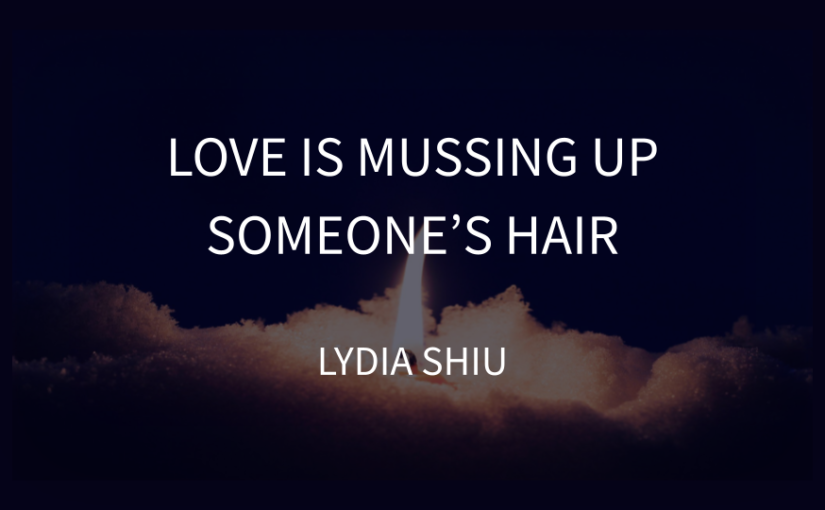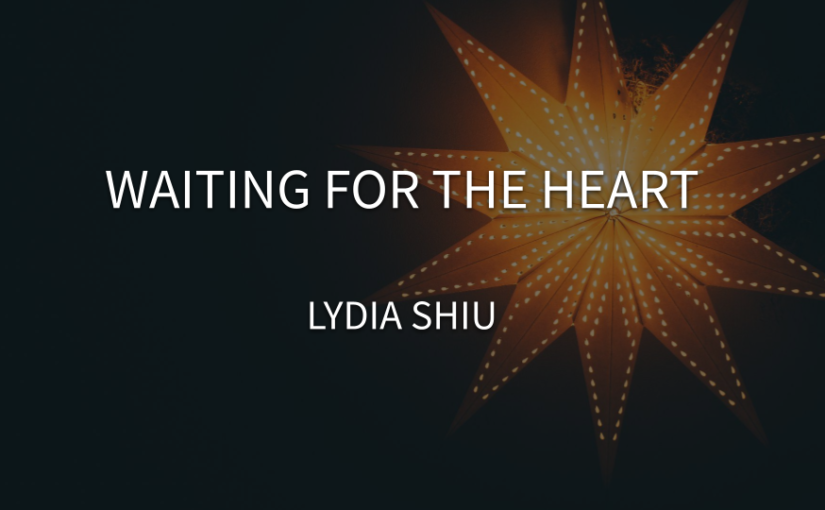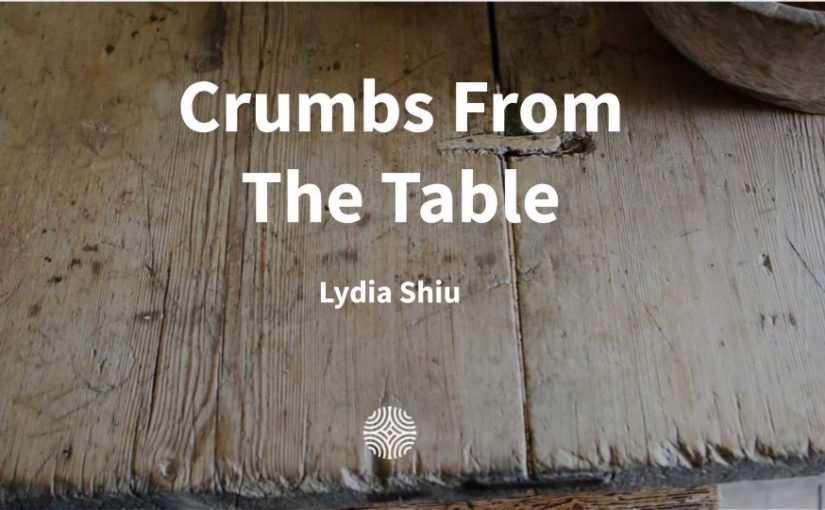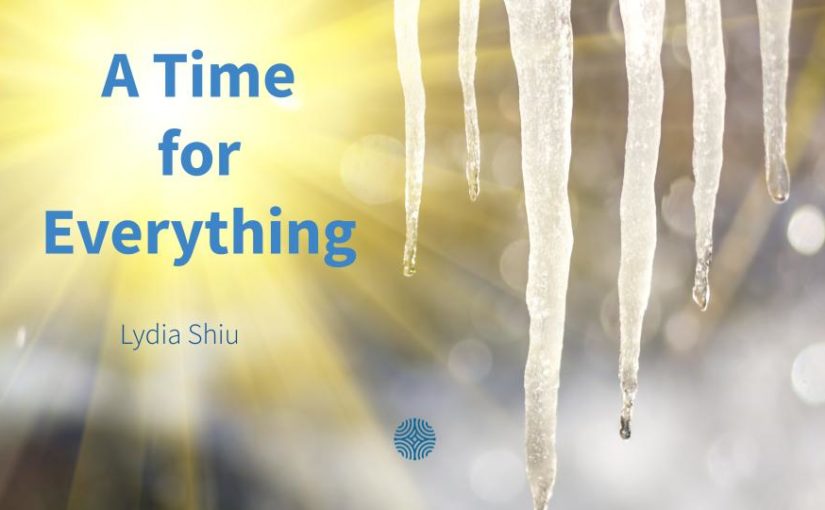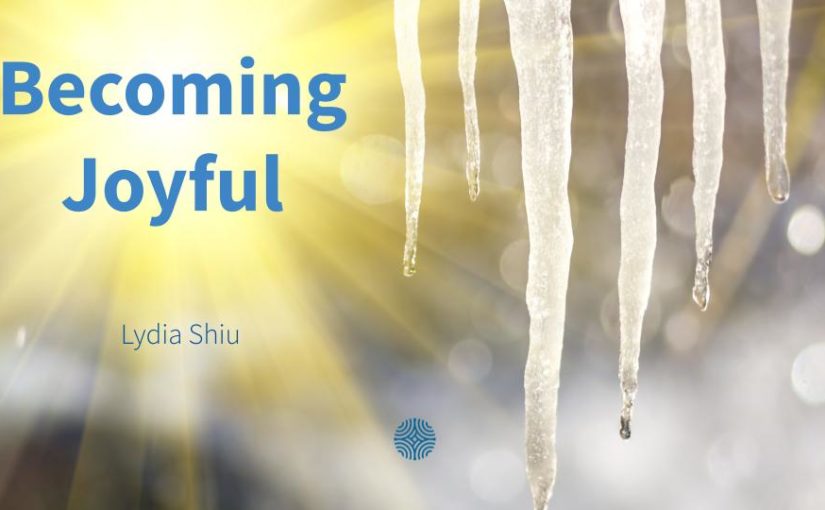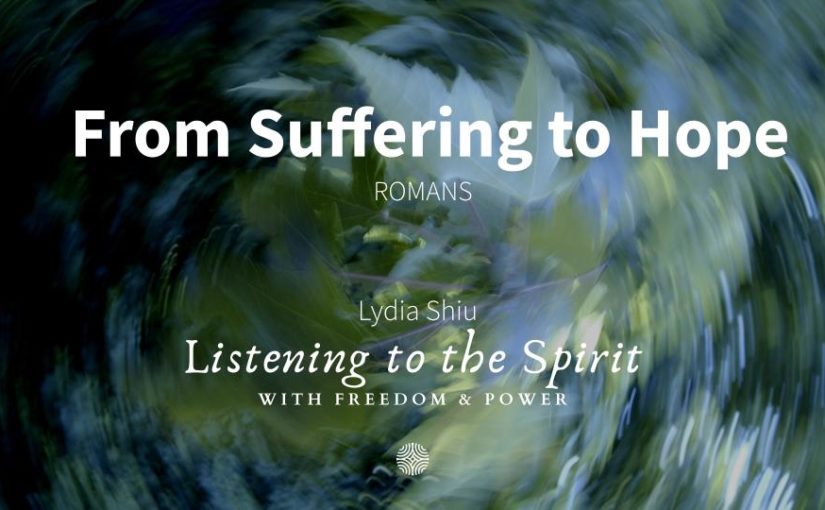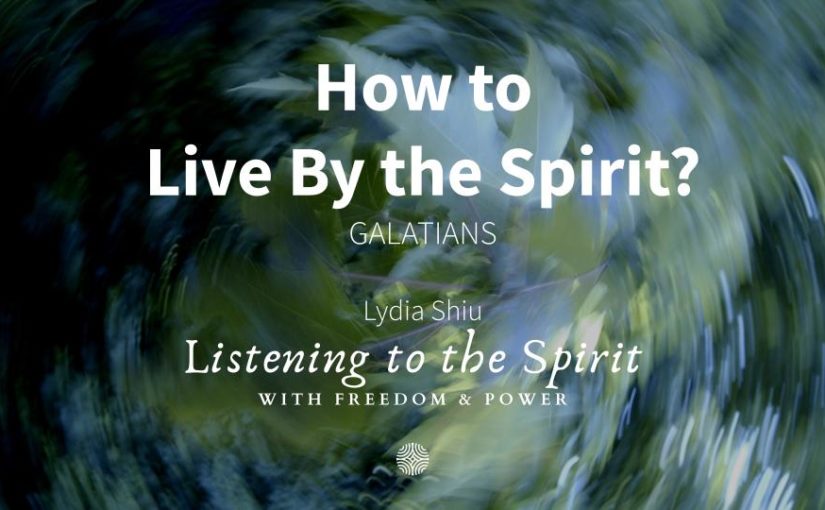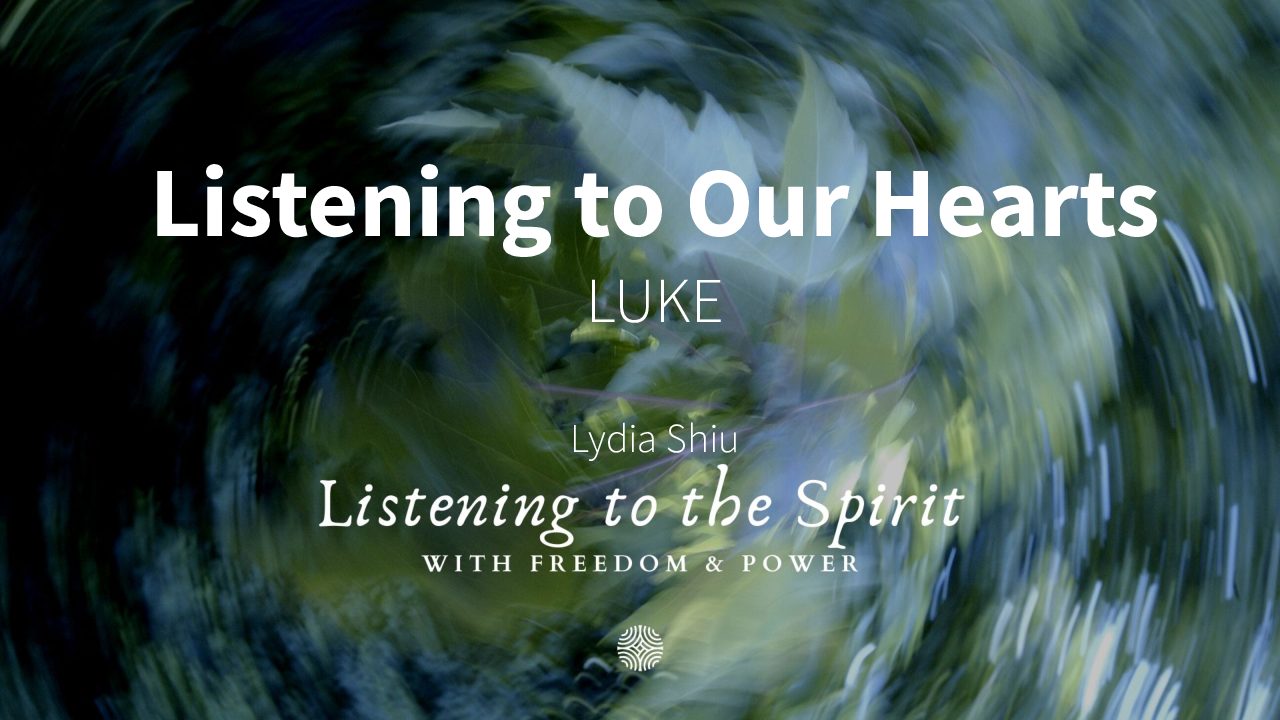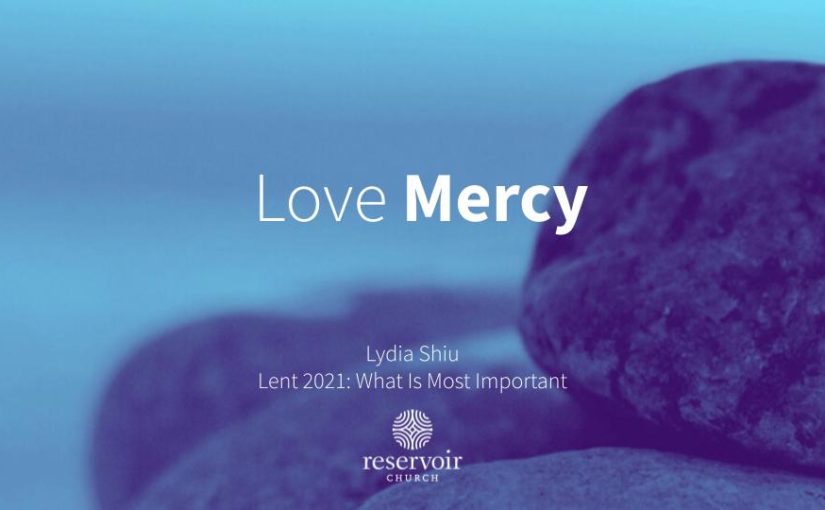I’m coming to you from my house, pre recording this sermon because, surprise, I’ve been exposed to Covid. Hope you are all well, and getting through these times with some sustained energy.
We just started a series called Love is… and all I can think of is, “What is love? Baby don’t hurt me~” Sorry, it’s an old movie reference, called A Night at the Roxbury, if you don’t get it.
The question is legit though. It is THE question. What is love?
When I started developing crushes, this was a very important question for me.
I remember being in the 4th grade, and there was this kid named Robbie, who was just so cute, even gave me a hand written Christmas card, and no we weren’t doing an activity in class where we had to write a card to everyone, it was just to me.
I got the card and it said, “I stole this card from my sister. Merry Christmas!”
And I thought, is this love?
Often when I had questions, I’d go to the library to find answers. And there was this one book that I still remember to this day, that guided me along these heart wrenching times, called ‘Love is… walking hand in hand’ from the Charlie Brown and the Peanut gallery. Each page gave me real examples of what love was, that were clear and defined. One page said that “Love is meeting someone by the pencil sharpener.” And that year I sharpened my pencil a lot.
Today I want to specifically talk about, as pastor Ivy showed us in our Spiritual Practice, Love is Mussing Up Someone’s Hair.
I saw this kind of thing happen during Christmas, with one of my friend’s kid, a 10-year-old boy who has selective mutism, who didn’t really know how to interact with my son, a 1-year-old baby. And he would just come up and touch his hair, it was so cute.
I’ve also been watching this reality dating show on Netflix. Don’t judge me, it’s not as trashy as you’d think, being a reality show. It’s called Single’s Inferno, where a bunch of single people are placed on an island, kind of like Survivor show style.
They’re sleeping in a tent and have bare minimum to eat and not much to do except date. They have some games and prompts that if you win, you get to pick your partner to go to “paradise” with, which is literally a hotel and resort called Paradise, and you get to stay in a suite room with room service with the date of your choice for one night.
And it’s so hilarious and cute how small things matter so greatly when there isn’t much else to do except think about feelings for each other. When someone decides to sit next to someone at the bonfire, when someone takes a walk with this person as opposed to that person, or when someone touches someone’s hair while talking–the drama!
One guy starts falling for a girl because she said to him, “you look nice in pink. Pink is my favorite color.” Or another guy pointed out how cute it was that someone said to him, “hurry hurry go up!” while they were walking behind them on the stairs. But one of the biggest sacrifices one makes for love, or show of affection here is that they would rather stay in the Inferno (the island) rather than go to Paradise with another person.
You know why I call myself Christian? Because I am enamored by God’s grand gesture of love. Pastor Ivy put it really well recently. She said,
“God comes to the edge of God’s own divinity and knocks on our human hearts and says, ‘May I come in?’ ”
God decided to leave paradise, all that’s associated with being a divine being, gave it all up to be with us and one of us.
Philippians 2 says that Jesus “Instead, gave up his divine privileges; he took the humble position, was born as a human being. When he appeared in human form.”
And when God decided to do this, I think God came to mess up our hairs a bit. God came into our space, got in our realm, and began to shake things up a bit. That’s what’s compelling to me about Jesus. Christian theology says,
What does God look like? It looks like Jesus, who came into this world as a helpless baby, born not in a palace but a manger, rode not on a high horse but a humble donkey, and instead of exercising all his might, humbled himself actually to death.
Who is God? What does God do? Who is Jesus? What did Jesus do? There are many things we can say, that have been said, that Jesus died for our sins, or God saves us, or God protects or Jesus cares or whatever. But at the end of the day, why, why did God do any of these things?
1 Corinthians 13 talks about prophecies, fathoming mysteries and knowledge, and faith to move mountains, giving all I possess to the poor or surrendering bodies to the flames, and says all that is nothing, if you don’t have love.
All of theological debates can be ended with, God is love. God did all that because God loves you. Why do we care about justice, welcome the refugees, normalize pronouns to expand our concept of gender binary, include the outcast, why do we confess our sins, why do we gather together as a community, why do we bother to do any of these things, because of love!
How have you been enamored by God’s love? There are many different kinds of love that can help us understand the love of God and romantic love is definitely a metaphor that’s used even in the Bible. Song of songs is all about love, sensuality, flirting, and even sexuality, and it’s been included in the Bible as a way for us to know God’s love for us.
So think about romantic relationships or love interests in your life. Think about your dating life. I think it’s interesting to think about dating love because love after marriage is one thing, but when you’re dating, things kind of heightened, like the show I was telling you about. Like first walking into their apartment. Or the first time you have a misunderstanding. At every step of the way you’re looking and aware, and asking, could this be love? There are seasons in our faith journey where our relationship with God can feel like that. You’re looking and seeing, God, are you speaking, are you initiating, do you love me?
- And how have you involved God in your life?
- How have you been open and vulnerable, inviting God into your messy room or seen you without your makeup?
- Or have you ghosted God?
- Have you invited God to parts of your life that you’re not so proud of?
Would you believe it if I said, God sees that insecure, dark, shamed parts of you and still loves you and moves closer to you? And calls you back for the next date?
Or even if you’re thinking about a long-term relationship, after a long season of unemployment, depression, or physical illness, maybe even years after, they don’t go anywhere, but says I’m here, I love you, no matter what.
How have you developed lovey dovey relationships with God? How has God messed up your hair and got all up in your space, every nook and cranny of your life? Do you even expect that from God? Or is God far off in a distance, perfect, and you only go near God when things are good?
1 John 4:16 says that God is love.
Whatever you think love is, or love should be, or the love you hope for, that, that is God.
And it goes on to say in
verse 19 We love because God first loved us.
20 Whoever claims to love God yet hates a sibling is a liar. For whoever does not love their neighbors, whom they have seen, cannot love God, whom they have not seen.
Because God loved us first, let us love one another.
And what does it look like to love one another? Honestly, it’s really hard. 1 John and other New Testament writers wrote a lot about this, loving one another, because they ran into problems of actually not loving each other well! In Ephesians, Paul is writing to a church in Ephesus with some words of encouragement. But they weren’t just words of encouragement, they were pleas and discipline.
Chapter 4 starts with,
I therefore, the prisoner in the Lord, beg you to lead a life worthy of the calling to which you have been called,
You don’t beg someone to do something when they’re already doing it. He was begging because they were acting up. He is petitioning them,
verse 2, with all humility and gentleness, with patience, bearing with one another in love.
I want to spend the rest of our time talking about this 2nd verse and I’ll close.
These were his tips and advice on how to get along, because this church, they weren’t getting along. The content of Paul’s letter lets us know that there were factions and divisions happening, external influences to the church that were causing problems, there were marital and family problems. He gives this wisdom to, please please you guys, I’m begging you, be humble, gentle, patient and bear one another.
Now I don’t want to use this verse just to tell you, be more humble. Be more gentle. Always be patient! Because that’s not preaching, that’s nagging. And frankly, churches and systems have used this verse to tell people to know your role, get in line, and obey. Again I’d like to remind you that Paul didn’t write this as an instruction on how to love at all times. He was RESPONDING to conflict with these invitations.
And they are good advice generally. Yes, lead with humility and gentleness. Let’s be patient with each other. And then there are times when we need to be strong, confident, and urge one another. What I’m saying is that when you try to love one another, be a community and be a church, conflict is bound to happen. In fact I’ll go as far as to say, that’s what it means to love, to engage in conflict, to like I’ve been saying, mess up someone’s hair? That’s really vulnerable.
It’s getting entangled with one another. It’s sharing space to show your faults or weaknesses. It’s putting yourself out there and leaving the possibility of getting hurt. It’s caring too much that sometimes you might get disappointed or angry. Cause if you didn’t care? You’d be indifferent. If you didn’t care, it’d be perfect. If you didn’t love, your hair would be perfect and no one would mess it up. The most important thing that I want to point out from this verse actually is, BEAR. Bear one another.
Bearing is holding up a burden. Bearing is tiring. Bearing means that there’s stress and struggle. It’s not free of difficulties. And you know what else it means? It means, you stay. You show up. You engage. You endure.
You know, showing up to church, even logging onto Youtube, it’s not ideal. It’s not the easiest thing sometimes. Engaging in a relationship, texting someone not knowing how they’ll respond, it’s work.
I’ve been alluding to the metaphor of dating in talking about love today. Love is… Not breaking up. Even when things get hard.
Don’t misunderstand me, I’m not condemning breakups or divorce. Sometimes there is, when you’ve done all the humble, gentle, patient, and bearing, a time to give up. A time to heal. A time to change. And all that, we do it for love. Love of God, love of others, and love of self. That’s the work of love, trying and being there, showing up, again and again.
We’re so isolated these days. It’s hard to engage even with church with all these restrictions in place with masks, can’t see any smiles, can’t sing sometimes, can’t even sit next to or hug someone. And well we definitely can’t mess up each other’s hair. Maybe let’s find our way somehow, to figure out how to do that.
Let’s get in each other’s metaphorical spaces. Let’s call them. Let’s face a new person that you don’t know. Let’s Zoom as dreadful as it feels sometimes but it’s a nice tool. Facetime someone. Show up on someone’s porch even if it’s a sad wave from the stairs. One of you did that last week for me, dropped off a covid test and waved and it meant so much.
I know many of you are tired of this pandemic. And I am too. But you know what, we’re strong. We’re resilient. We must bear through these times, and we can. To live is to endure. Endure one another. We must.
So I beg you, much like Paul begged the Ephesians, let us bear one another. Let’s get in there, even if it’s easier to just check out.
Steve’s been telling you about the relational meetings in last week’s email and through the blog in your inboxes. Check it out. Give it a try. Like downloading a dating app and creating your profile for the first time, it’s hard at first. But put love out there. You can fill out this form in the chat and get matched with someone. Maybe you’ll go to paradise together! You never know! May we, reach out, and love one another, because Jesus first loved us, with sweatpants and messy hair don’t care, and hop on a Zoom call. May we love one another, especially right now.
Let me pray for us.
Good and gracious God, do you see us right now? Maybe with a messy bun, no shave, maybe not even a shower. Do you see us, kneeling maybe in a pool of our own loneliness and depression tears, or at the top of our arrogance and ego? Do you see us busying about the best we can, as we work from home in this pandemic? Do you see us, afraid to get vaccinated no matter the pressures we feel? Do you see us, waiting on vaccination for our little ones? Do you see us? We cry out to you.
The God of our friend Jesus, who has shown us that he sits with the outcast, eats with the poor, heals the broken, —be with us now. Sit with us. Heal us, we pray. May we be open to the love that you are pouring into us, open up and maybe even let that love overflow to this dry land we find ourselves in these days. Wash over us we pray these things in your love. Amen.


